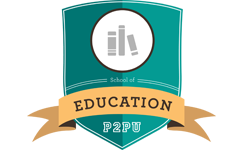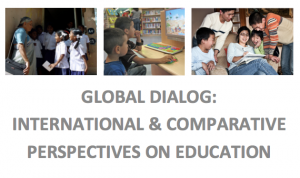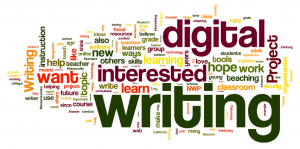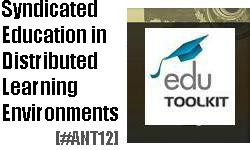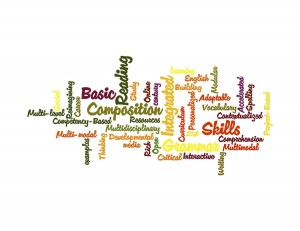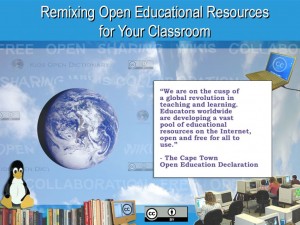We are gearing up for an exciting summer at the P2PU School of Ed. (In case you’ve missed it, this initiative is all about free, open, peer-centered professional development for K-12 teachers).
Here is what we are planning for June and July. If you’d like to participate, please sign up. We’re also looking for co-facilitators for new groups and are always eager to get suggestions for new offerings.
PhET Simulations for Science and Math
Description: PhET simulations are designed to provide an open exploratory environment that can be used in many different educational settings. In this three week course, you will learn about how the sims are designed, will examine some best practices for use, and will explore/create lessons you can use with your students.
Dates: July 9-29, 2012
Global Dialog: International and Comparative Perspectives on Education
Description: This 1-month seminar is for educators, learners and parents who are keen to discuss and compare education systems from around the world. The course is divided into 4 modules each containing 1 or 2 short online videos, an optional reading, online asynchronous discussions and an optional synchronous discussion (via Skype) around the following topics: global definitions of learning and education, cross-country education borrowing and lending, educating the whole person, and creating sustainable education systems.
Dates: June 4 – July 1, 2012
ePortfolios for Teachers
Description: A group to explore the use and development of online portfolios as a personal learning tool for teachers. We’ll look at what purpose portfolios can serve, different tools for assembling an online portfolio, what kinds of artifacts can be collected, and how more formal credit might be tied to portfolios. Participants will have an opportunity to begin building an eportfolio if they choose.
Dates: July 9-29, 2012
Making Writing and Literacy Learning Connections
Description: If “digital” is how we write, share, and participate today and into the future, what does that mean for the teaching of writing and for learning?
Join a National Writing Project study group as we explore these questions together through our own experiences and those of the NWP Digital Is community. Each week we’ll focus on a different aspect of inquiry and practice related to writing, teaching and connected learning.
Dates: July 9-29, 2012
Syndicated Education in Distributed Learning Environments
Description: In education, schools create coherence based on ‘Conceptual Orientation’ (i.e. sense making), illustrating how theories and knowledge are related. Following the emerging trend of Distributed Learning Environments used in Networked Learning, teachers also need to include ‘Spatial Orientation’ (i.e. way finding) to answer questions like: Where do I find useful Learning Resources (i.e. salience)? How are these resources interconnected (i.e. pattern recognition)? What is the underlying message (i.e. trajectory)? During this course, you will create, deliver and manage an educational event that aggregates the latest work from participants within the cohort into one location. This allows Peer-to-Peer (P2P) learning and keep the work they do in their own Personal Learning Environment (PLE).
Dates: June 25-July 14, 2012
Reimagining Developmental/Basic English Curriculum
Description: A design charrette for teachers, developers, content experts, and interested others to share, explore and create transformative practices, essential content and skills necessary for student success in college. This course, produced in collaboration with the National Repository of Online Courses (NROC), will take a systems approach to examining current content, standards and assessments, invite thought leaders/practitioners to discuss emergent trends in curriculum redesign, collaboratively explore transformative approaches and the role of digital and social media, and technology, to improve access and success for any student needing remediation.
Dates: July 9-20, 2012
** UPDATE ** This course has been added.
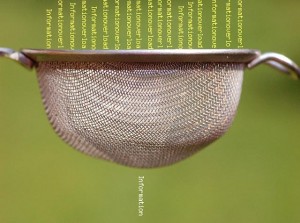
Curating Our Digital Lives
We curate our digital lives each and every day. How can we use curation tools, techniques and practices to support ourselves in our own learning and support youth as they engage in academic learning and production? Join this three-week-long discussion, facilitated in collaboration with the National Writing Project, to share your thoughts and to hear from others.
Dates: July 9-29, 2012

